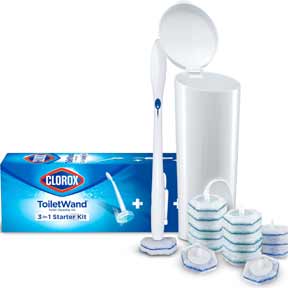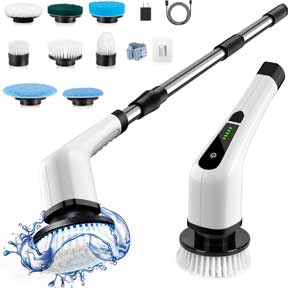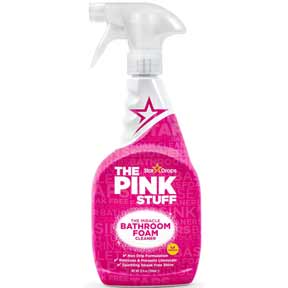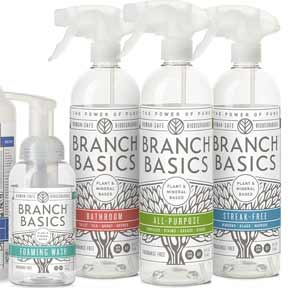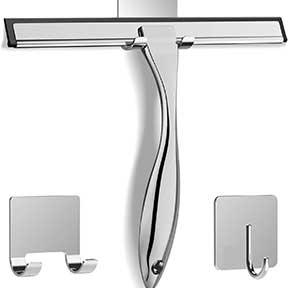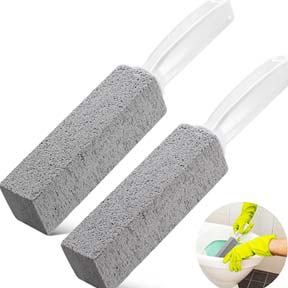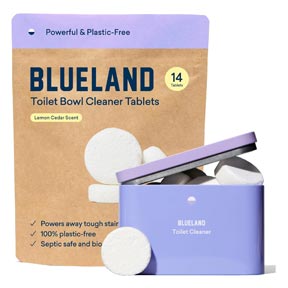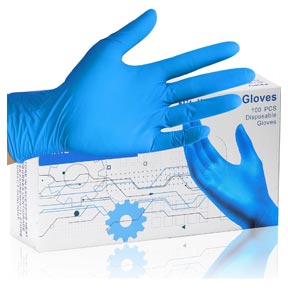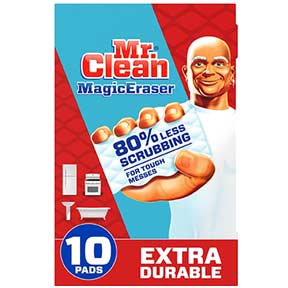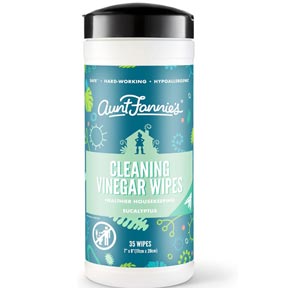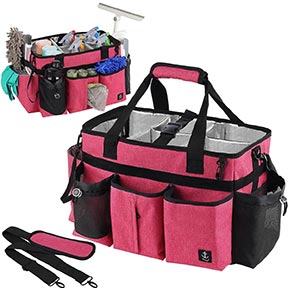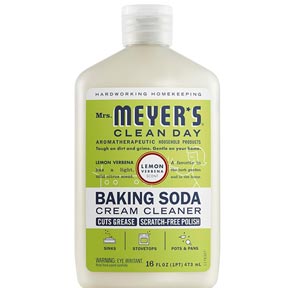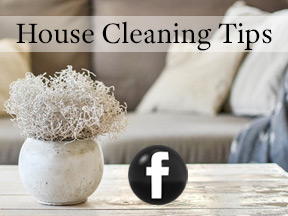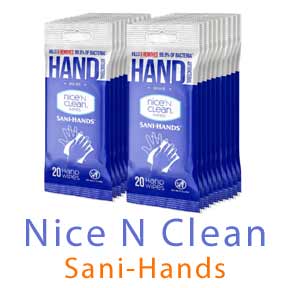Hard Water Stains
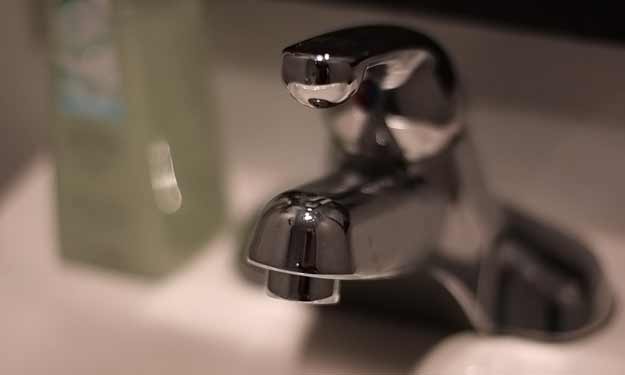
Hard Water Stains and How to Clean Them.
How to Clean Hard Water Stains
When I was a kid, my allowance depended on doing chores – one of which was cleaning the bathroom. We had hard water, and part of my job was tackling the stubborn stains left behind in the sink, bathtub, and toilet bowl and removing those hard water stains. I absolutely hated cleaning the bathroom, but I loved spending my allowance at the corner store. I don’t want to date myself, but back then, there was something called penny candy, and a whole candy bar only cost ten cents! So, like it or not, I scrubbed those stains away.Understanding and Tackling Hard Water Stains
Hard water contains minerals like calcium carbonate, which leave behind chalky stains on walls and faucets. Over time, these minerals mix with soap and shampoo, creating stubborn buildup in your shower, sink, and toilet. Thankfully, you don’t need harsh chemicals to clean hard water stains – just a little patience and some basic household ingredients.Vinegar Cleaning Spray
One of the easiest and safest ways to dissolve hard water stains is with distilled white vinegar or lemon juice. The acidity helps break down mineral deposits, making them easier to rinse away. Ingredients:- 2 cups white vinegar
- 1 cup warm water
- 1 teaspoon dishwashing liquid
- Mix the ingredients and pour the solution into a spray bottle.
- Spray directly onto hard water stains.
- Let it sit for 15-30 minutes to break down the buildup.
- Scrub using the green side of a sponge or a scrub brush.
- Rinse thoroughly and wipe dry.
Vinegar Scrubbing Paste (For Stubborn Stains)
If vinegar spray alone isn’t doing the trick, try making a heavy-duty scrubbing paste with borax. Borax is a powerful mineral-based cleaner that cuts through tough, set-in stains. Ingredients:- 1 cup white vinegar (or lemon juice)
- ¾ cup borax
- Optional: 1 tablespoon dish soap (like Dawn)
- Mix ingredients into a thick paste that won’t drip down vertical surfaces.
- Apply the paste directly to the hard water stain.
- Let it sit for 15 minutes to loosen buildup.
- Scrub using the green side of a wet sponge.
- For extra scrubbing power, use a pumice stone (see below).
Using a Pumice Stone (For Extra Tough Stains)
For especially stubborn stains, a pumice stone can work wonders – just make sure both the stone and the surface are wet to avoid scratching. Avoid using a pumice stone on colored tiles, as it may cause discoloration.How to Use a Pumice Stone
- Wet the pumice stone with water.
- Gently scrub the stain using light but consistent pressure.
- Continue until the stain disappears, then rinse clean.
Preventing Future Hard Water Stains
The best way to deal with hard water stains? Stop them before they start! Here are some simple habits to keep your bathroom cleaner, longer:- Clean stains early – Fresh stains are much easier to remove than ones that have built up over time.
- Wipe down surfaces daily – Keep a dry towel handy to wipe the sink and shower after each use.
- Use a squeegee – Running a squeegee over shower doors and walls helps prevent soap scum, mildew, and hard water buildup.
- Invest in a water softener – If hard water is a major issue in your home, a water softener can significantly reduce mineral buildup.
Bathroom Cleaning
